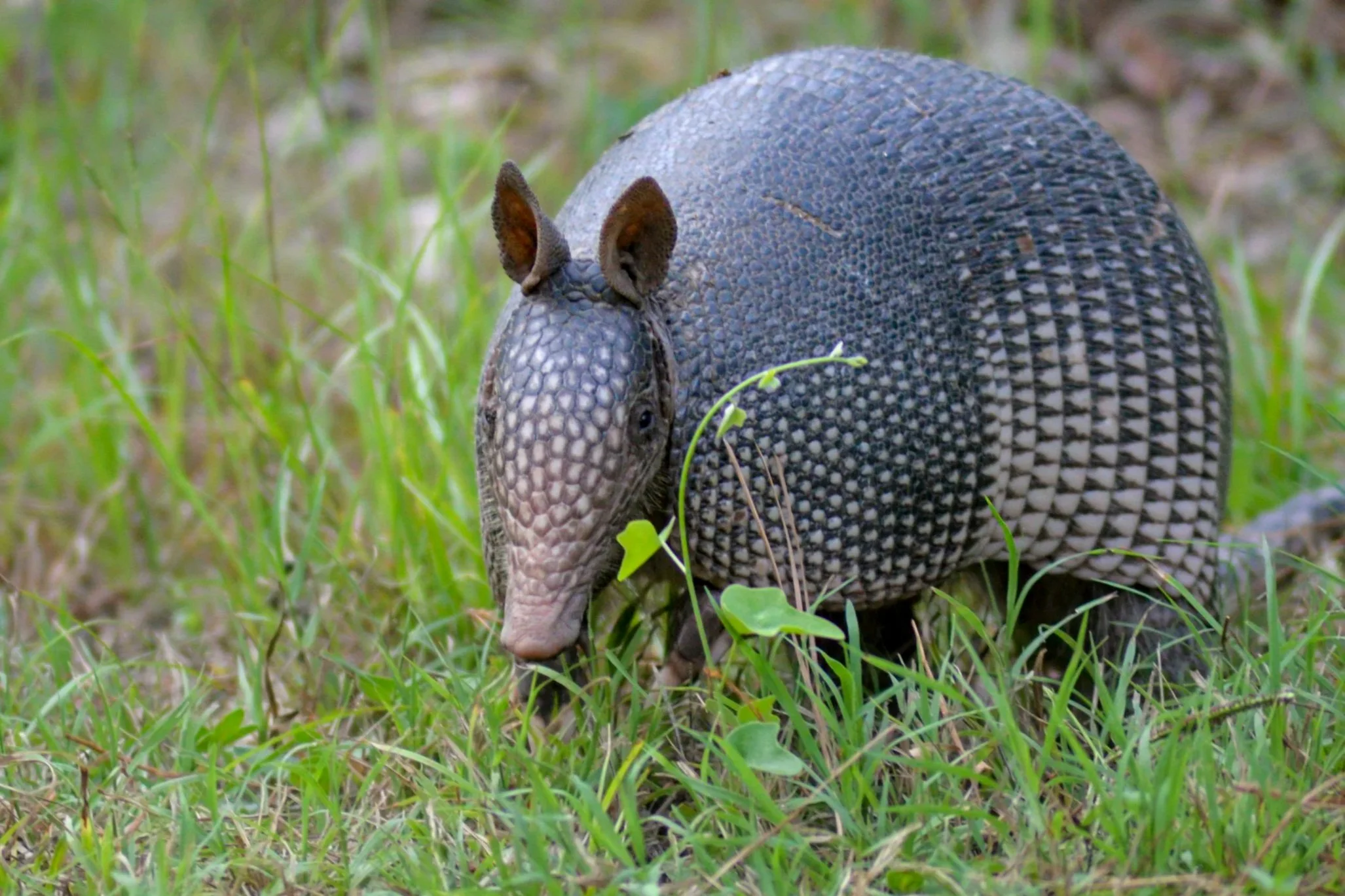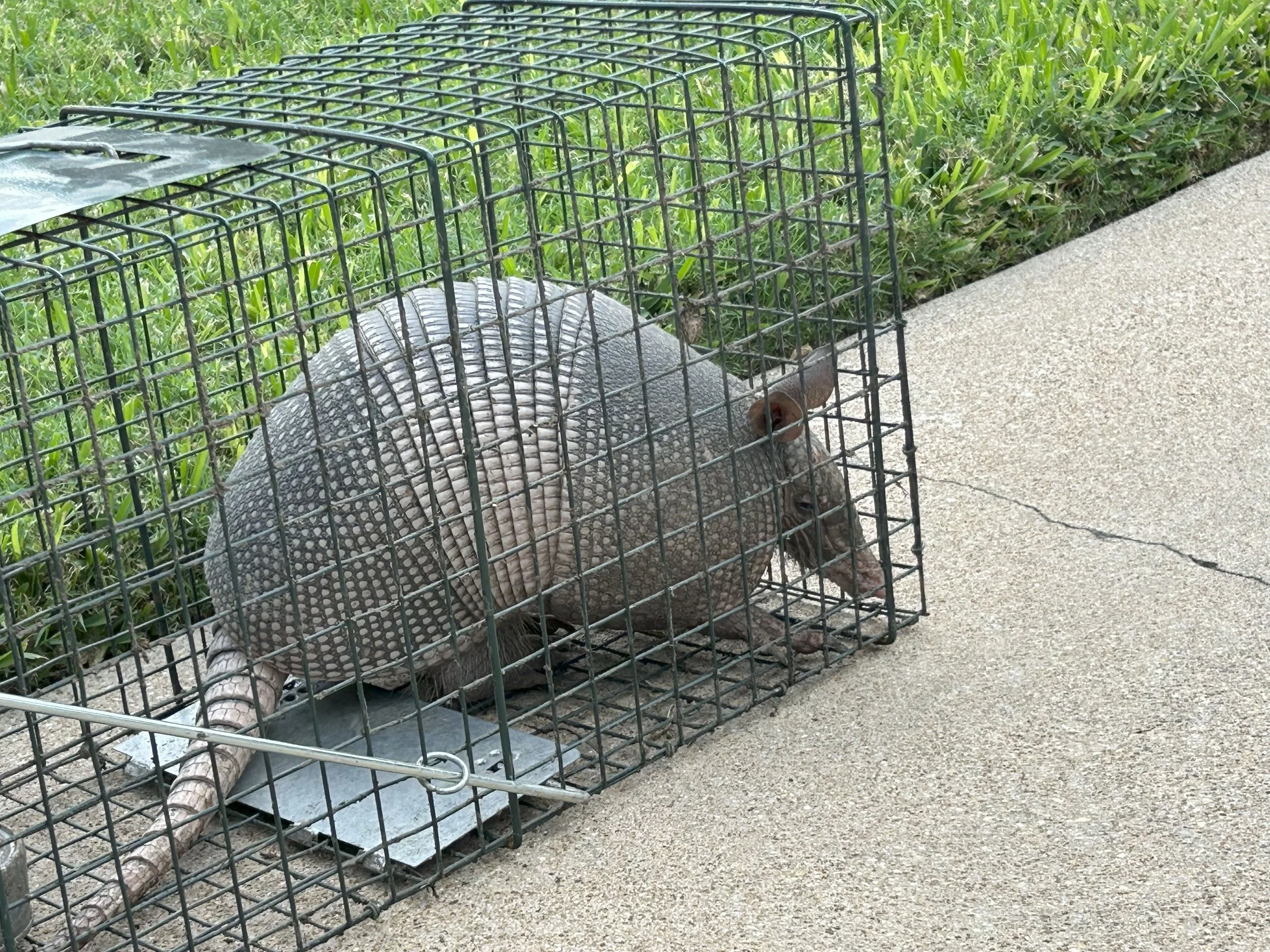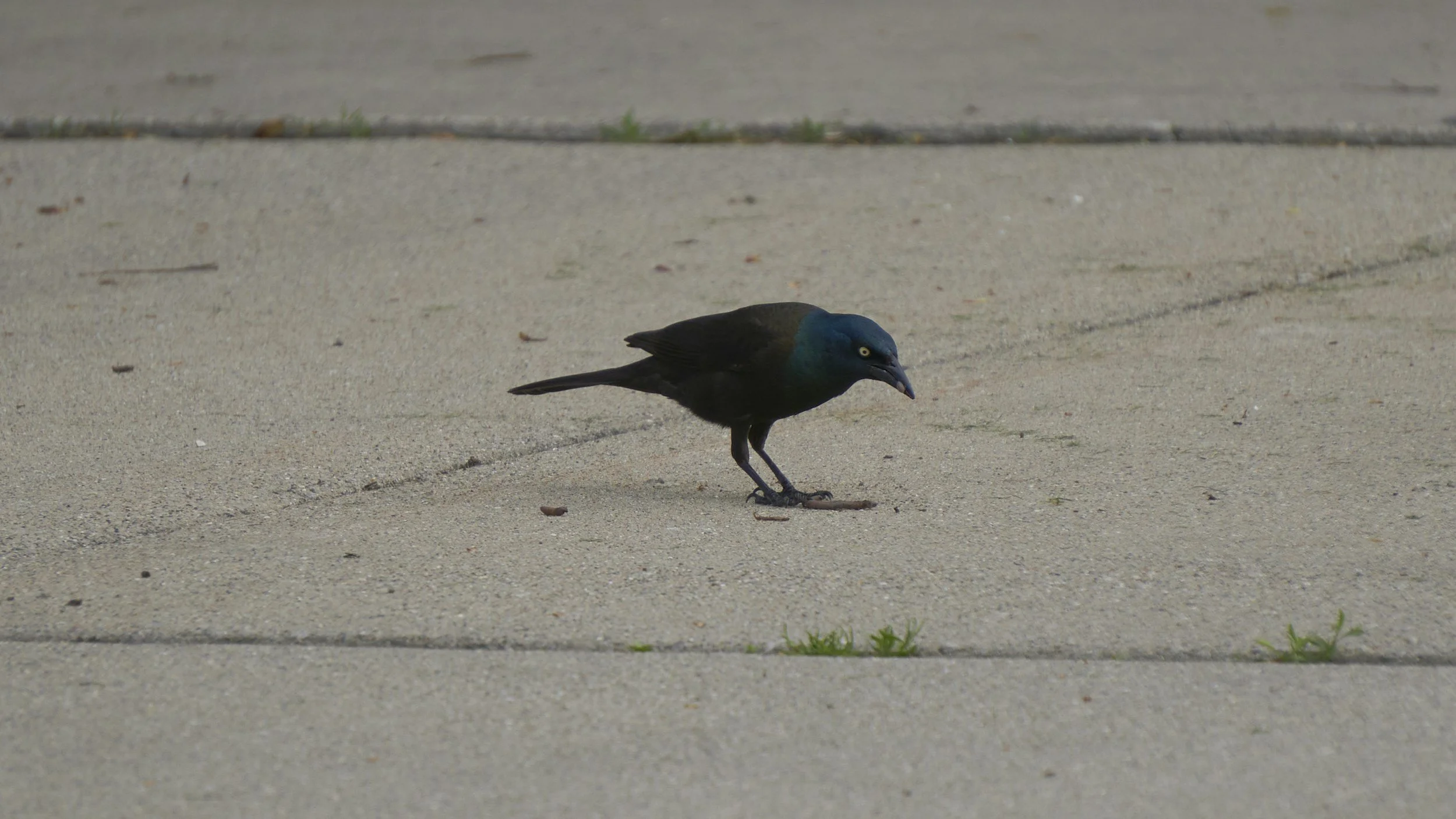
Humane wildlife removal in North Texas
Wildlife belongs outdoors, not inside your attic or digging up your yard. While raccoons, squirrels, armadillos, and nuisance birds are part of North Texas life, they can cause serious property damage, health risks, and sleepless nights when they get too close to your home or business.
At Pure Grit Pest Control, we specialize in humane wildlife control. Our technicians use safe, effective live trap and release methods, returning animals to designated refuges so they can thrive in the wild — where they belong.
Common Wildlife Pests in North Texas
-
Appearance: Medium-sized mammals with distinctive black “mask” markings around the eyes.
Risks: Spread diseases such as rabies and roundworm; damage roofs, insulation, and wiring while nesting in attics.
Where Found: Attics, chimneys, garages, and dumpsters.
-
Appearance: Bushy-tailed rodents often gray or reddish-brown.
Risks: Chew through wiring, insulation, and wood; create fire hazards; contaminate attics with droppings.
Where Found: Attics, soffits, chimneys, and rooflines.
-
Appearance: Small mammals with hard, armored shells.
Risks: Dig up lawns, gardens, and flowerbeds while searching for insects; can damage foundations with burrows.
Where Found: Yards, gardens, and landscaped areas.
-
Appearance: Varies by species; nuisance birds often gather in large flocks.
Risks: Droppings corrode metal, damage roofs, and spread diseases; nests clog vents and gutters.
Where Found: Rooflines, attics, warehouses, and ledges.
Why Wildlife is a problem
Health Risks: Raccoons, birds, and other wildlife carry diseases and parasites.
Property Damage: Chewed wires, torn insulation, and burrowed lawns lead to costly repairs.
Noise & Stress: Scratching in attics, chirping in vents, or thumping on roofs disturb your peace of mind.
Ongoing Infestations: Once wildlife finds shelter, they often return or invite others.
Signs of a wildlife problem
Scratching, thumping, or scurrying sounds in your attic or walls.
Strong odors from droppings or urine.
Damage to roofs, soffits, or vents.
Burrows or holes in your lawn or garden.
Bird nests in vents, chimneys, or rooflines.
Why wildlife is so common in north texas
Rapid urban growth has reduced natural habitats, pushing wildlife closer to homes and businesses. Attics, crawlspaces, and gardens provide easy shelter and food, making human structures prime nesting areas.
Pure Grit Pest Control’s Approach
Our wildlife services are built on humane practices and long-term prevention:
Inspect – Identify the animal, entry points, and level of damage.
Live Trap & Remove – Set safe, humane traps to capture the animal. All wildlife is relocated to a refuge to ensure their safety and prevent re-entry.
Exclude – Seal entry points, repair damage, and install deterrents to keep wildlife from returning.
Protect – Provide ongoing monitoring and prevention strategies to ensure your home stays wildlife-free.
We take pride in offering ethical wildlife control that protects your home and respects the animals.
Prevention Tips
Don’t let wildlife take over your home or yard. Whether you’re dealing with raccoons in your attic in Fort Worth, squirrels chewing wires in North Texas, armadillos digging up your lawn, or birds nesting in your vents, Pure Grit Pest Control has you covered.
👉 Call Pure Grit Pest Control today for professional, humane wildlife control in North Texas. We’ll trap, remove, and safely relocate animals — protecting both your home and local wildlife.
Keep pet food and trash bins sealed tightly.
Trim trees and shrubs away from rooflines.
Repair broken vents, soffits, and chimney caps.
Remove standing water sources that attract animals.
Schedule routine inspections to stay ahead of wildlife issues.
FAQs
〰️
FAQs 〰️
-
No. We use live traps and relocate wildlife to approved refuges so they can thrive safely outside your home.
-
Yes. Squirrels chew on electrical wiring, which can create dangerous fire hazards if not addressed quickly.
-
After removing the animal, we perform exclusion work—sealing entry points and installing deterrents to prevent future infestations.







